8 Benefits of Outsourcing Reverse Logistics of Carrier Grade, Enterprise, and Consumer Electronics
By Phil Terry, Brian Piechocki, Drew Dixon, PALCO
Apple became the world’s first trillion-dollar company by designing superior products and delivering an exceptional customer experience. Few would disagree that product design and user experience (UX) design are Apple’s core competencies. Arguably, Apple performs these functions better than any other business in the world. By focusing on those core competencies, Apple earned millions of evangelical customers. Of course, product and UX design are not the only capabilities needed to deliver high-end smart phones, tablets, laptops, desktops, and ear buds to the end user.
Apple created an ecosystem of trusted partners responsible for their non-core competencies. For example, Foxconn manufactures most of Apple’s iPhones.[i] As a Contract Manufacturer (CM), Foxconn’s core competency is manufacturing high volumes of electronics and other products. Many of the world’s leading electronics Original Equipment Manufacturers (OEMs) also trust Foxconn with that piece of their value chain.
When it comes to carrier grade, enterprise, and consumer electronics, the discipline of Reverse Logistics (RL) is no exception. RL firms specialize in initiating, processing, and resolving product returns. Many have spent decades perfecting the processes, developing the intellectual property, and building the knowledge bases to perform returns management more efficiently than OEMs and CMs. Returns Management is their core competency. Many electronics OEMs have already added RL specialists to their partnership ecosystem because they recognize the benefits. The returns experience is critical to earning repeat business; “79% of customers say a positive returns experience influences the decision to make future purchases.”[ii] Still, many firms choose to handle RL themselves or to allow their CM to be responsible for returns.
Below are some of the top reasons electronics OEMs should outsource their Returns/RMA Management functions to an RL firm:
1. RMA Management as a Core Competency
For OEMs, RL is just one element of their supply chain. The same is true for CMs. RL firms’ sole focus is on the post-sales elements of the supply chain. Since they are not designing, marketing, or manufacturing the products, RL firms offer an unbiased, data-driven voice of the customer. While OEMs hire the best and brightest to design, market, and sell solutions, RL companies hire logisticians, process engineers, electrical engineers, repair technicians, programmers, re-marketers, customer service representatives, project managers and other talented individuals with years of industry experience to provide the same emphasis and expertise to returns and returns data.
2. Increased Yield
Yield is one of the primary KPIs for any RL program, especially repair-based programs. Assuming efficient use of labor and resources, profit and yield have a direct relationship, so every additional percentage point of yield equates to a heathier bottom line. RL companies continuously tweak their processes to squeeze additional yield with each additional iteration. There can be a point of diminishing returns, so efficient use of resources is imperative. If a technician is spending 10x the amount of time on “hard-to-fix” returns, then the profits will begin to erode. Experienced repair depots are aware of this distinction and optimize their processes to increase economic yield without wasting time on BERs, or beyond economic repair units. The ability to find this sweet spot – optimal repair yield without waste on BERs – is a specialty of RL firms.
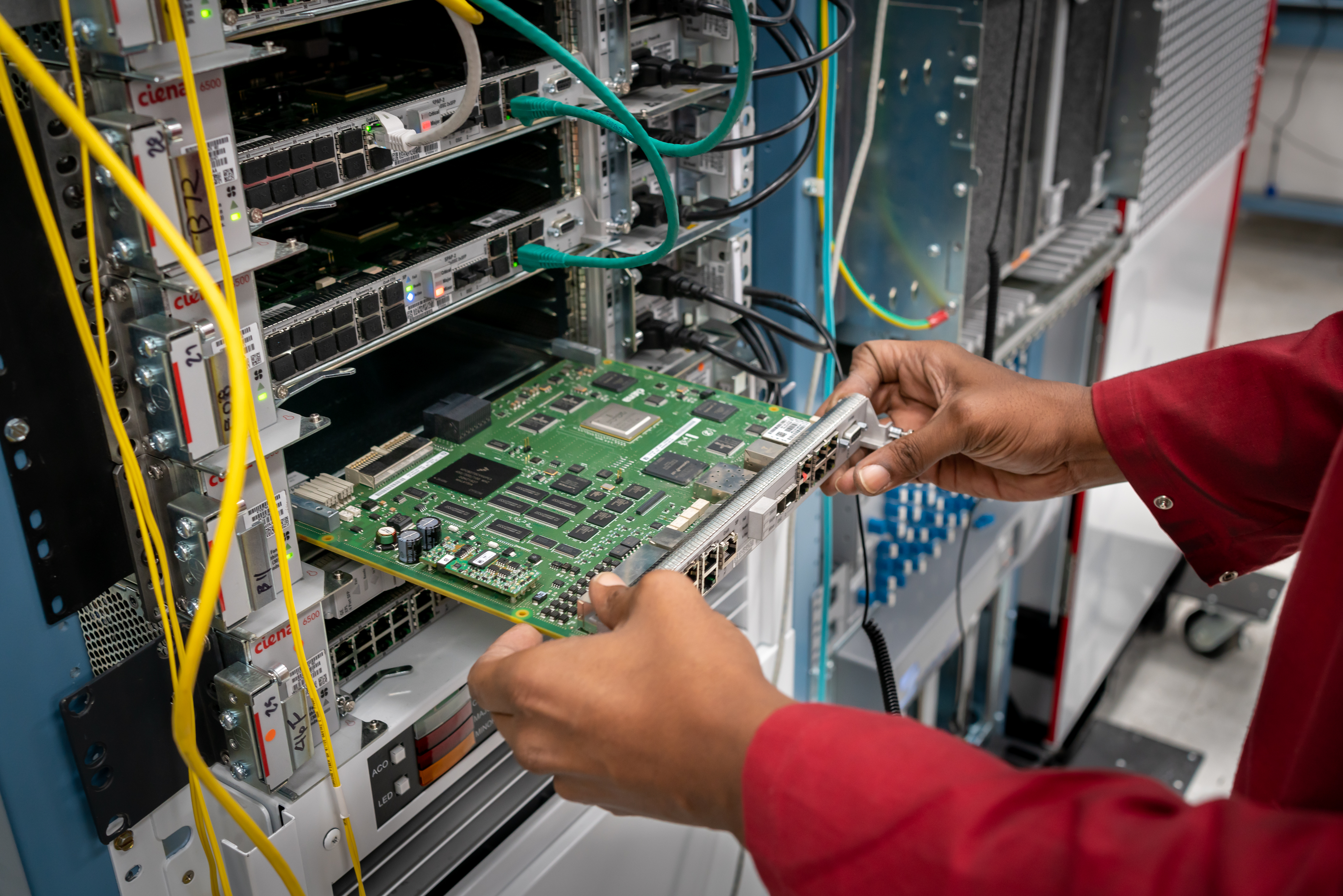
3. Breadth and Depth of RL Knowledge
Third party RL firms have experience processing returns, testing, repairing, and analyzing a wide variety of products, typically over multiple decades. This broad knowledge enables them to invest time, money, personnel, and other resources into developing superior RMA management processes and testing/repair IP. For example, RL firm can take proprietary processes and test development methodologies developed for network communication equipment and apply to a repair program for consumer audio products. An internal RL department would rarely have the opportunity to develop these versatile processes and IP due to their limited scope.
4. RMA-specific Intellectual Property
As touched on above, RL firms own RL-specific intellectual property such as proprietary training courses, testing systems, and software. Some of these software applications are highly complex, highly configurable and have evolved over multiple decades. Evaluating, purchasing, implementing, and maintaining systems like this are costly, time consuming, and risky. RL firms already own these assets and have integrated them into their processes.
5. Cost Reduction
Process efficiencies drive the cost reduction benefits of partnering with an RL firm. As mentioned, OEMs excel at designing, marketing, and selling products. OEMs bring products to market more effectively than any RL firm could. Similarly, RL firms excel at designing and implementing the most efficient returns, testing, and repair processes. It is not uncommon for tech-focused RL firms to reduce repair and processing time by 50%. Both parties reap the economic benefits of these comparative advantages. Additionally, creating an internal returns management department can be costly. These costs include recruiting, returns-focused labor, employee benefits, testing and repair equipment, software, and more. OEMs can benefit from RL firm’s investments because they have already made these investments to run their business.
Below are two real world examples of costs reductions resulting from partnering with PALCO:
Example 1: Point of Sale (POS) Rework Process Optimization
A global POS OEM needed thousands of units reworked. Due to a manufacturing defect, the devices’ USB ports would not consistently transmit an electrical signal. According to work instructions, the rework was currently taking 21 minutes per unit. PALCO’s engineers recreated the rework process and identified optimization opportunities. Relying on their broad PCB repair knowledge, PALCO’s engineers developed a custom tool to replace components at a modular level instead of individually. This step reduced the labor required by 67% per unit from 21 minutes to 7 minutes per unit.
Example 2: RMA Process Integration and Optimization for Global Enterprise Storage OEM
A global enterprise storage OEM needed to reduce their RMA case management costs and integrate disparate processes stemming from multiple acquisitions. The OEM had multiple RMA / Customer service teams. Many customers used products from multiple lines, so they had to interface with multiple customer service teams. PALCO designed a unified RMA process that combined all product lines and RMA case management into a single customer-facing web-based portal. This provided a convenient and seamless end user experience, reduced customer service labor costs by 50%, and improved visibility into RMA and repair trends.
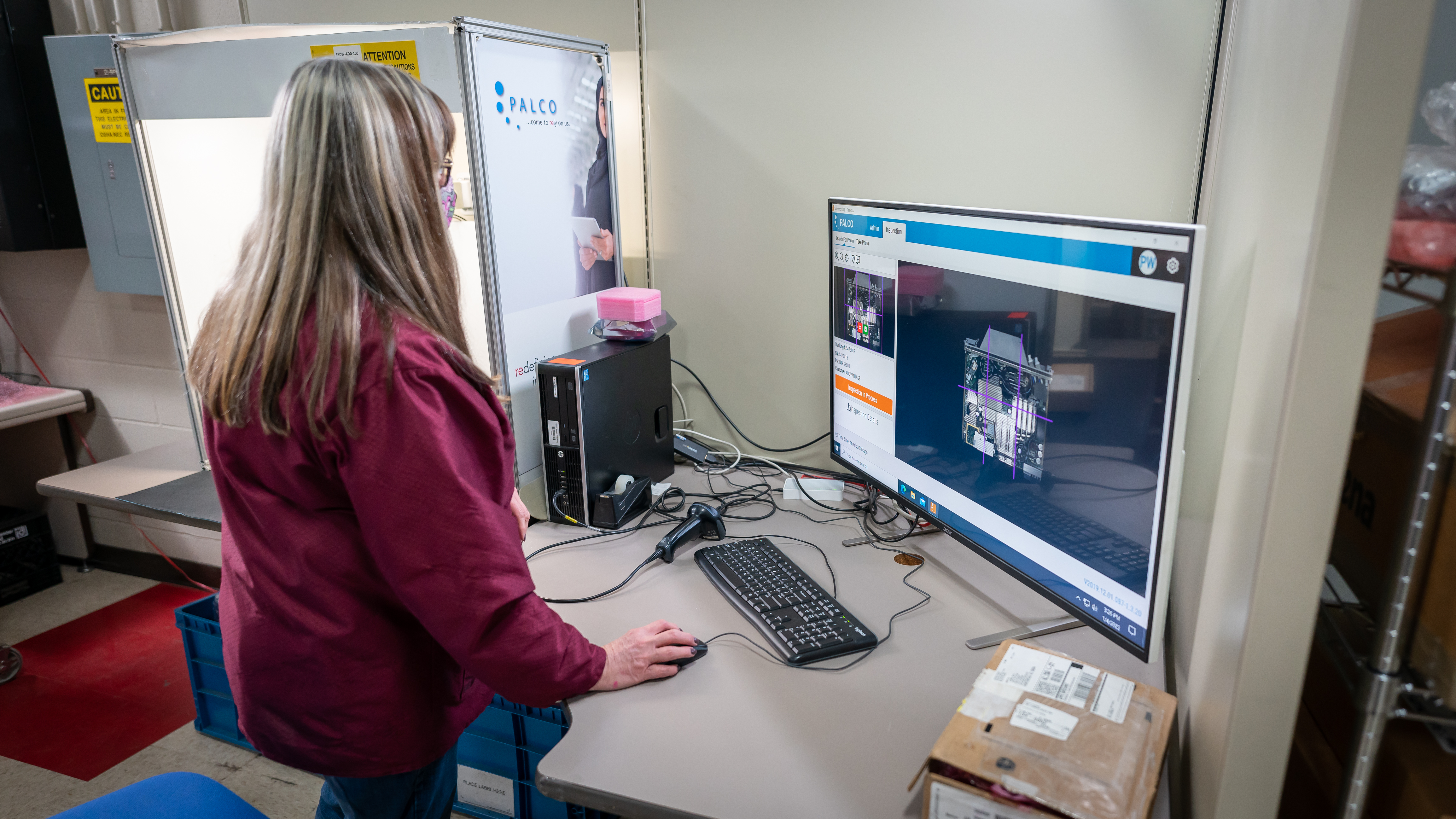
6. Optimal Resource Allocation
As mentioned previously, there are many resources required for a company to effectively accept and process returns. If returns are outsourced, these resources can be reallocated to other functions, allowing the company to focus on their core competencies. For example, all recruiters could build expertise in attracting talent to help the OEM do what it does best: design, market, and sell products. Training programs could be tailored to the functions that provide higher value to shareholders. Engineering talent could focus on the latest technologies and design approaches. Additionally, OEMs often use shared resources for RL programs, so the true costs of internal programs can be blurred. Resource allocation and costs can be more clearly isolated and optimized when partnering with an RL firm.
7. Focus on Quality
Leading RL companies are subject to rigorous quality standards that are upheld by multiple audits every year. For example, the Responsible Recycling(R2) Standard sets forth practices, requirements, and safety measures for responsible repair and recycling of electronics. ISO 9001, TL 9000, and other quality management systems (QMS) provide frameworks that promote consistent and exceptional outcomes. These standards ensure that the company will meet regulatory requirements and deliver quality products consistently that meet customer expectations. For more information on the TL 9000 QMS and how it benefits a RL program, please refer to our other article “Gain Control of Your Reverse Logistics Program with TL 9000” in Edition 120 of Reverse Logistics Magazine.
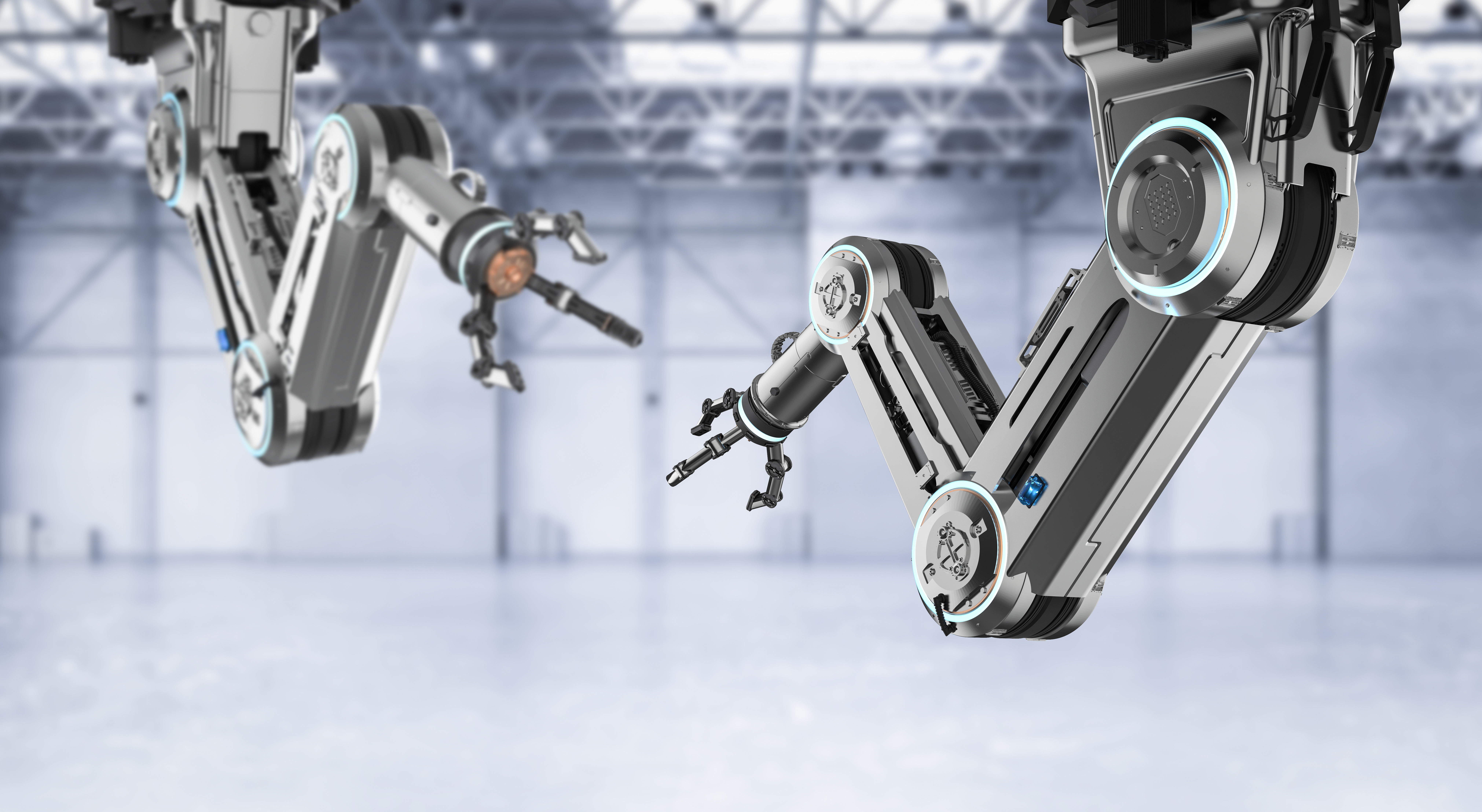
8. Sustainability
As customer returns have become more commonplace and hassle-free, brick-and-mortar and e-commerce stores have seen a massive influx of product returns. Flexible return policies can have a positive impact on sales and customer retention.[iii] However, higher returns are not only costly to a company, but they can be a detriment to our environment. Astonishingly, 5 billion pounds of waste is generated and put into landfills each year because of returns.[iv] Gaining control of returns processes can not only add to company’s bottom line but can also reduce the company’s environmental impact. RL companies are experts in navigating these challenges.
RL firms are highly proficient in repairing and refurbishing products to be resold. This not only keeps returns out of landfills but also maximizes profit recovery. If a return is not suitable for remarketing, RL firms typically have robust recycling programs so raw materials can be broken down and repurposed into new products.
The concept of ESG is becoming increasingly relevant, so building an eco-friendly brand image is a good way to boost your company’s reputation. Whether it's B2B or B2C sales, many customers have an affinity for doing business with companies that share their ideals. Many companies are acting upon this shift in buyer behavior. Companies that are late to embrace this shift risk losing business to competitors that have successfully integrated ESG into their businesses.
[i] https://www.forbes.com/sites/patrickmoorhead/2019/04/13/who-are-apples-iphone-contract-manufacturers/?sh=661c13ec4e6d
[ii]https://www.logisticsmgmt.com/article/ups_addresses_holiday_returns_head_on
[iii] https://www.forbes.com/sites/forbesbusinessdevelopmentcouncil/2020/06/12/how-your-return-policy-can-influence-new-sales-and-long-term-loyalty/?sh=3105b5401c42
[iv] https://www.bbcearth.com/news/your-brand-new-returns-end-up-in-landfill
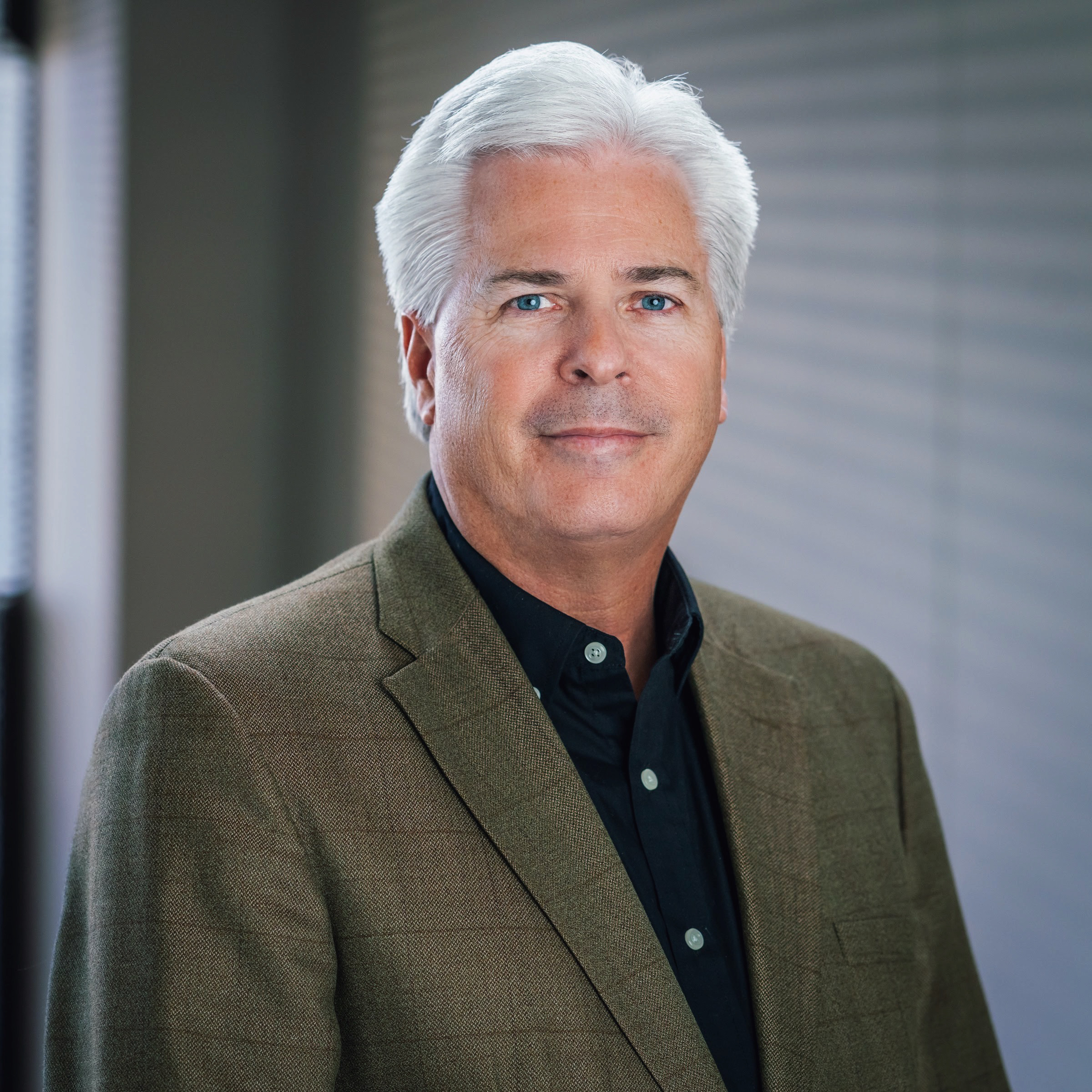
Phil Terry - Phil is Vice President of Sales and Operations at PALCO, serving in this role since 2004. His career spans 37 years in telecommunications including customer service and support for technology products. He began his career in 1984 at Intergraph Corporation, an early leader in the distributed computing business and provider of computer servers, workstations, software, and services. He was selected to spearhead the creation of Teranetix, a division of Intergraph, as Director of Business Development in 1999. At PALCO, Phil helped lead the expansion of operations in 2010 in Europe as well as Mexico and APAC in 2015. He has overseen implementation of reverse logistics data acquisition and management systems, customer facing software platforms and growth into new markets. He is an active member of the Reverse Logistics Association promoting best practices and innovation. His community efforts include forging a curriculum at regional colleges to create a better trained workforce.
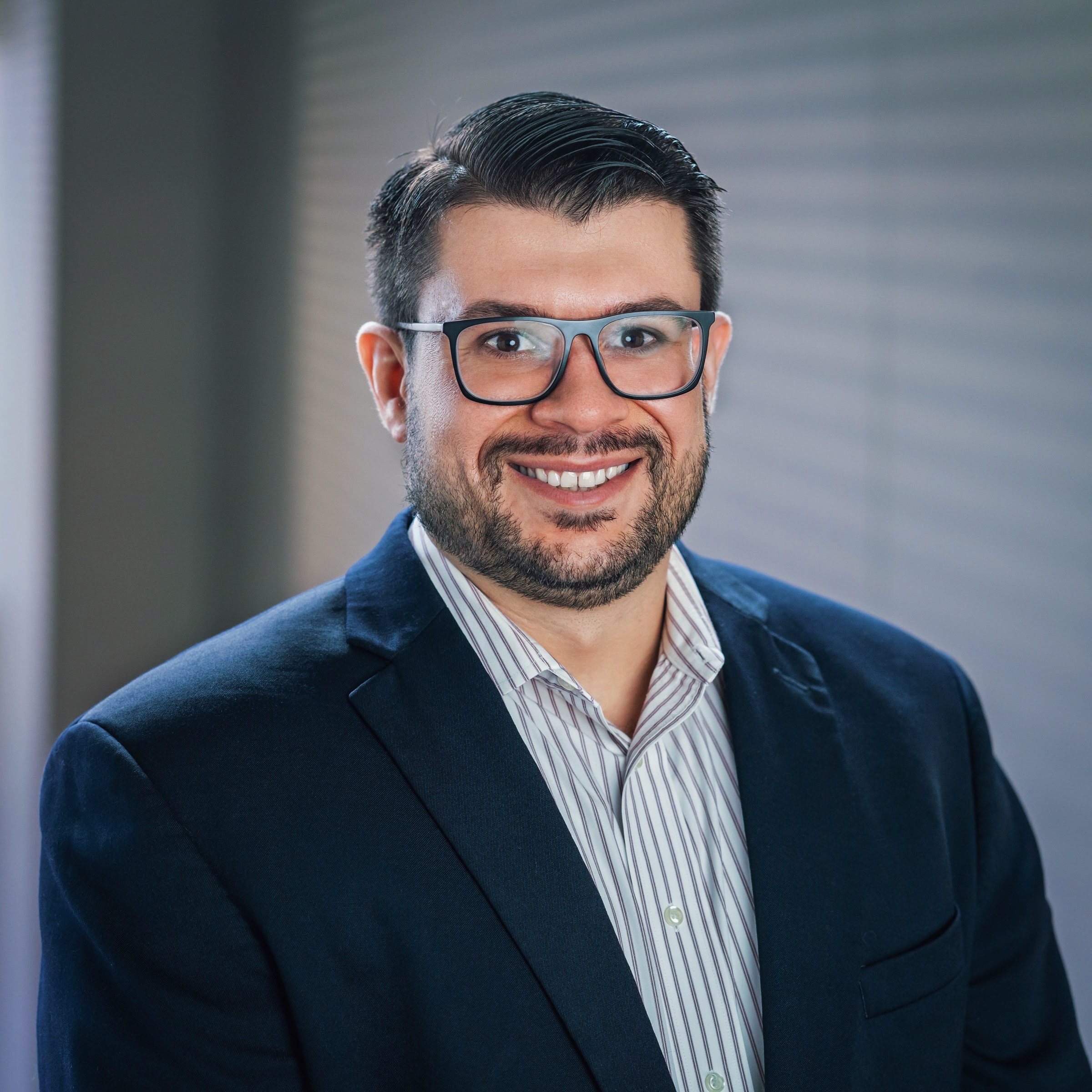 Brian Piechocki - Brian is PALCO’s Director of Business Development & Strategy and is responsible for PALCO’s go-to-market strategy. Brian rejoined PALCO after a five-year tenure at Cognizant (NASDAQ: CTSH) where he held various roles spanning multiple verticals including Life Sciences, Retail, and Manufacturing. Brian brings a unique perspective shaped by his exposure to multiple industries, mix of client-facing and internal roles, and focus on identifying market trends. He is passionate about translating PALCO’s strengths into solutions that solve companies’ complex returns management and sustainability challenges. Brian holds a Bachelor of Science in Business Administration from Boston University and a Master of Business Administration from the George Washington University.
Brian Piechocki - Brian is PALCO’s Director of Business Development & Strategy and is responsible for PALCO’s go-to-market strategy. Brian rejoined PALCO after a five-year tenure at Cognizant (NASDAQ: CTSH) where he held various roles spanning multiple verticals including Life Sciences, Retail, and Manufacturing. Brian brings a unique perspective shaped by his exposure to multiple industries, mix of client-facing and internal roles, and focus on identifying market trends. He is passionate about translating PALCO’s strengths into solutions that solve companies’ complex returns management and sustainability challenges. Brian holds a Bachelor of Science in Business Administration from Boston University and a Master of Business Administration from the George Washington University.

Drew Dixon - Drew is the Marketing Coordinator and Human Resources Assistant at PALCO, where he is responsible for: heading marketing campaigns, content creation, recruiting, employee relations, and corporate social responsibility. Drew joined PALCO after completing an internship program at the company in the summer of 2021. Graduating from the University of Alabama in Huntsville in 2021 with a Bachelor of Science in Business Marketing, Drew brings a fresh point of view into the world of Reverse Logistics.
 Phil Terry, Brian Piechocki, Drew Dixon
Phil Terry, Brian Piechocki, Drew Dixon